CERTIFICATION

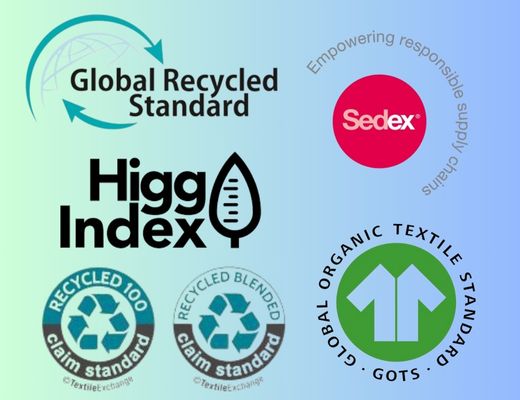
Global Recycle Standard
The Global Recycled Standard (GRS) is an international, voluntary standard that sets requirements for third-party certification of recycled content, chain of custody, social and environmental practices, and chemical restrictions. The GRS is intended to meet the needs of companies looking to verify the recycled content of their products (both finished and intermediate) and to verify responsible social, environmental, and chemical practices in their production. The key components of GRS certification include:
- Recycled Content: Ensuring a minimum of 20% recycled content for non-food products.
- Chain of Custody: Tracking materials through the production process to ensure the final product contains the accurate amount of recycled material.
- Social and Environmental Practices: Ensuring responsible social, environmental, and chemical use throughout production.
The GRS provides brands and consumers with a tool to make informed decisions, promoting the use of recycled materials.
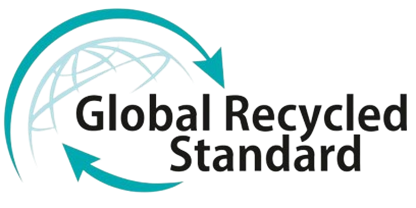
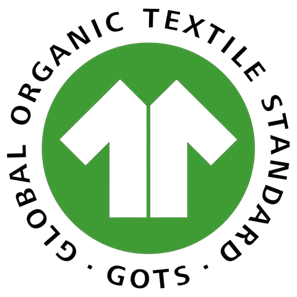
GOTS
GOTS, or Global Organic Textile Standard, is a leading textile processing standard for organic fibers. Bestitch Knits meets the high-level environmental criteria along the entire organic textiles supply chain and also maintains requisite social criteria. Certification ensures:
- Organic Fiber: Use of organic fibers, with strict criteria on the chemical inputs and processes allowed.
- Environmental Management: Bestitch Knits has an environmental policy including target
goals and procedures to minimize waste and discharges. - Social Criteria: Adherence to key norms of the International Labour Organisation, ensuring fair working conditions as well as adherence to local labour laws.
GOTS certification is a rigorous process, ensuring that the products are truly organic and produced in an environmentally and socially responsible manner.
SEDEX
SEDEX stands for Supplier Ethical Data Exchange. It’s a global non-profit organization dedicated to driving improvements in ethical and responsible business practices within supply chains.
- SEDEX provides a platform for companies to store, share, and report on ethical and responsible practices in their supply chains.
- The goal is to promote transparency, sustainability, and fair treatment of workers across the supply chain.
Why SEDEX Matters:
- Worker Well-Being: Every worker in the supply chain deserves a safe work environment, fair treatment, and the means to support themselves. SEDEX helps companies uphold these principles.
- Environmental Responsibility: SEDEX encourages environmentally responsible practices, which are crucial for preserving our planet for future generations.
- Anti-Bribery and Corruption: SEDEX promotes an ethical supply chain free from bribery and corruption.
- Compliance Made Easier: SEDEX simplifies compliance by providing a unified platform for managing sustainability practices.
- Risk Mitigation: By identifying and addressing risks, businesses can protect their revenue and reputation.
SEDEX Certification demonstrates a company’s commitment to ethical and sustainable supply chain management.
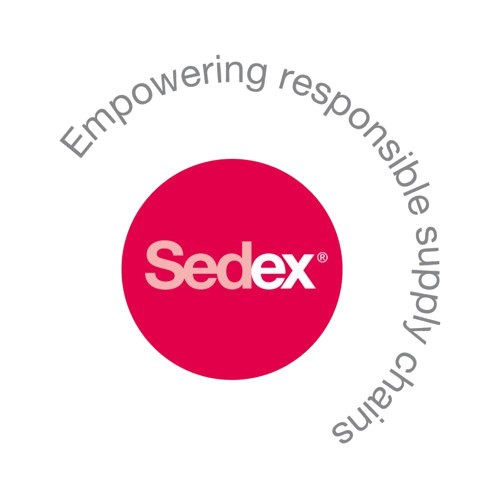
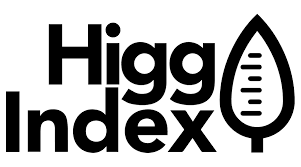
HIGG
The Higg Index, developed by the Sustainable Apparel Coalition (SAC), is a comprehensive self-assessment standard used by the apparel and footwear industry to evaluate environmental and social sustainability across the supply chain. Here are the key points:
What Is the Higg Index?
- The Higg Index serves as a tool for assessing sustainability performance.
- It covers various aspects, including environmental impact, labor conditions, and social responsibility.
- The SAC, a nonprofit organization founded by fashion companies, created the Higg Index to drive positive change within the industry.
So, when you see a brand or facility with Higg certification, know that they’re actively working to reduce their environmental footprint and promote responsible practices!

